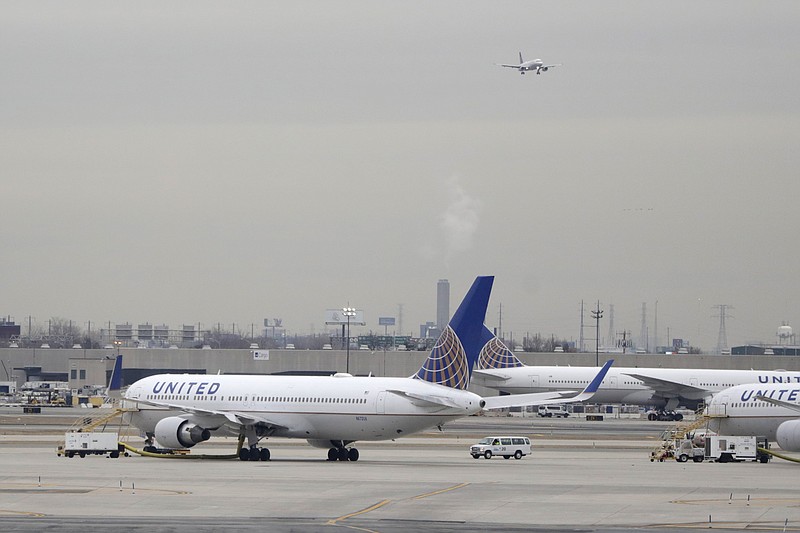United, Delta and American Airlines are engaged in an airlines arms race to grab the most affluent customers.
Now highly profitable after losing billions in the 2000s, they are plowing money into new planes, fancy seats with more legroom, airport lounges and other perks, many of which are aimed squarely at well-heeled travelers.
United raised the stakes Wednesday when it announced it will retrofit more than 100 planes as part of a move to add 1,600 premium seats on nearly 250 jets.
The airline also plans to start using a new 50-seat jet with mostly premium seats on some routes popular with business travelers.
The decision is part of a larger industry trend to give more space and better service to high-paying passengers who account for a disproportionate share of airline revenue.
Andrew Nocella, United’s chief commercial officer, said executives decided the airline has “a shortage of business-class seats into the premium markets, and this fixed that problem.”
Henry Harteveldt, an airline analyst at Atmosphere Research, said United’s announcement was a bold challenge to Delta Air Lines, the acknowledged front-runner among the nation’s top three carriers for its on-time performance and strong profit margins.
Delta executives said they have increased premium seating from 9 percent to nearly 30 percent since 2011, and they’re selling more than 60 percent of those seats, up from 13 percent — not just giving them away in the form of upgrades. They said more corporate accounts are letting employees buy up to premium travel.
As a result, one-third of Delta’s revenue now comes from premium services and less than half comes from economy seating, down from nearly two-thirds in 2011, senior vice president of pricing Eric Phillips said in December.
American has added “premium economy” seats — often double the price of regular economy but less than business class — on many planes used for international flights.
United will retrofit 21 of its Boeing 767-300ER jets starting in the next several weeks. It will reduce seats from 214 to 167 by shrinking the economy section while going from 30 to 46 business-class seats and adding 22 “premium plus” seats. The planes will fly first between United’s hub in Newark, New Jersey, and London.
Nocella dismissed the idea that sharply reducing the number of economy seats will result in higher fares for budget-conscious customers. He said the airline could add flights across the Atlantic to maintain the supply of economy seats, and vowed that United would not surrender any group of customers to rival carriers.

